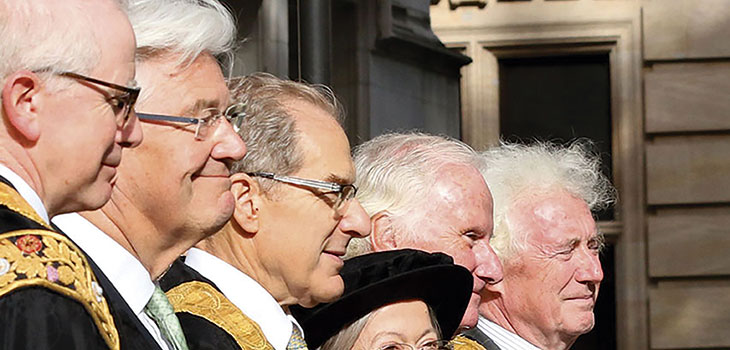
In brief
- Under our constitution, policy-making at the national level is the responsibility of democratically-elected governments and ministers accountable to Parliament, not of unelected judges .
- Why Parliament should assert its power to guide judges by means of legislation, on the basis of the sovereignty of Parliament, the bedrock principle of the UK Constitution.
Two recently retired UK Supreme Court (UKSC) justices have highlighted the serious plight of English law. Lord Sumption has expressed concern at ‘our persistent habit of looking for legal solutions to what are really political problems’. (Trials of the State, 2019, Location 857). This results in unelected judges making decisions that should be made by a democratically elected parliament or government.
Lord Neuberger focused on the different but equally serious phenomenon of the ‘disarray and a marked lack of reliable principle’ in the field of tort, (https://bit.ly/3iiu86W) which was shown in my recent book Anglo-American Law:









